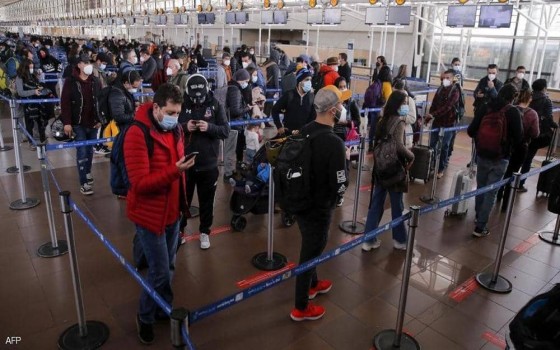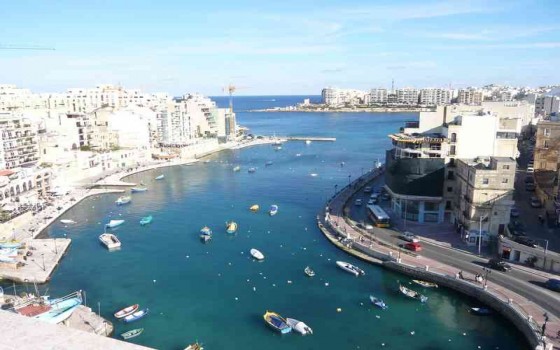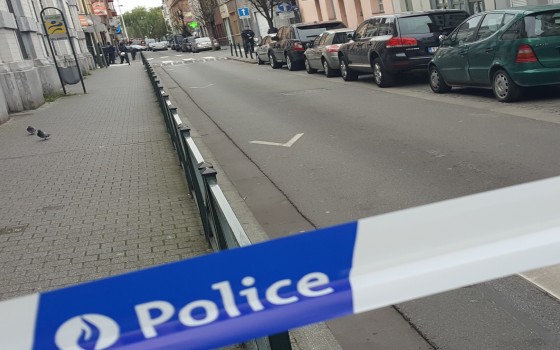
Moscow's response: 21 billion euros in losses for the European Union if it bans Russian tourism

- Europe and Arabs
- Monday , 29 August 2022 19:40 PM GMT
Brussels: Europe and Arabs - agencies
Attitudes about dealing with the escalation of European voices varied to support imposing a ban on the issuance of visas for Russian tourists to enter the European Union, and the German Foreign Ministry commented on these calls by saying that it is unreasonable. On the other hand, the Speaker of the Russian State Duma, Vyacheslav Volodin, said that the European Union will record a loss of 21 billion euros if he decides to ban entry to Russian tourists. Not letting in tourists from Russia and Europe will only harm its economy, Volodin said, as Russians will always have other destinations they can travel to. Volodin wrote on his official channel on Telegram: “Europe will lose 21 billion euros due to the restrictions imposed on the entry of our citizens, by drawing an iron curtain around their countries, they are punishing themselves for their stupidity and ignorance.” In addition, Volodin claimed that about 80% of the entire world's population does not support the idea of imposing restrictions on Russia, which indicates that its citizens are able to choose dozens of other destinations. Volodin's comments come after a call by several European Union member states to stop issuing entry visas to Russians and ban their entry. Some EU countries have already imposed restrictions on tourists from Russia, while others are waiting for the EU to make a decision, or have already objected to the idea. The foreign ministers of the European Union member states meet this week on August 30 and 31, Tuesday and Wednesday, in an informal meeting in the Czech capital Prague, to decide on the issue of a ban on tourists from the Russian Federation. According to a Financial Times report, in lieu of the ban, which has so far been supported by less than half of the member states, the foreign ministers will suspend the visa facilitation agreement with Russia, which was signed back in 2007. This step means that the aforementioned travelers can no longer benefit from this agreement and, as a result, themselves will have to pay higher fees, will have to wait longer for an appointment and have their applications answered, and it will also be in accordance with stricter requirements for obtaining a visa. The European Ministry of Foreign Affairs now wants to suspend the agreement entirely and strip all Russian citizens of the benefits derived from this agreement, but the measure may not be the only one that will be taken in the next couple of days. Other measures that the foreign minister may approve on August 30 and 31 include capping the number of visas issued to Russian tourists, and they will also discuss a proposed entry ban on all Russian citizens, although approval of such a proposal is unlikely to take place. Among those who do not support an EU-wide embargo on Russians is also the EU's High Representative for Foreign Affairs and Security Policy, who does not believe that cutting ties with the Russian civilian population will help end the war in Ukraine












No Comments Found